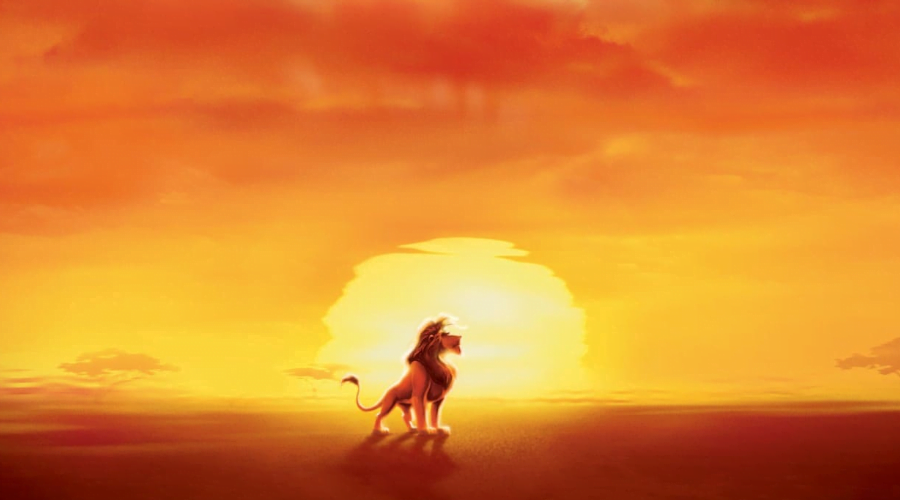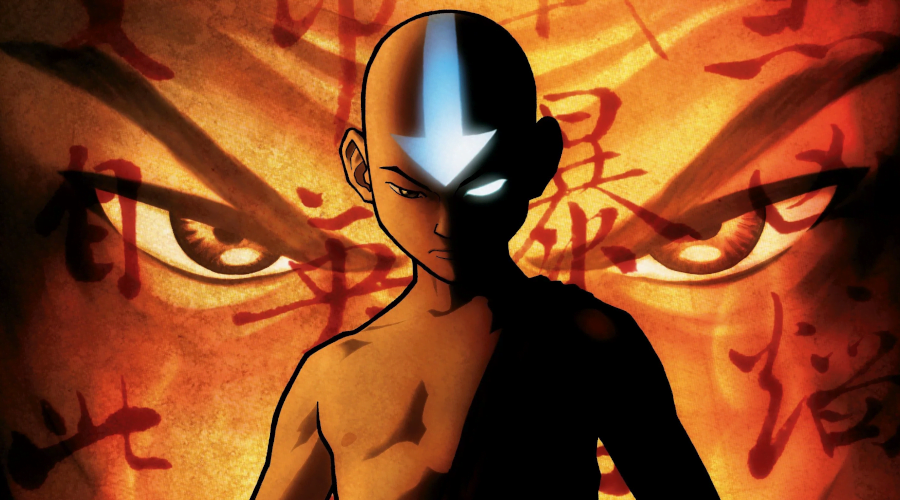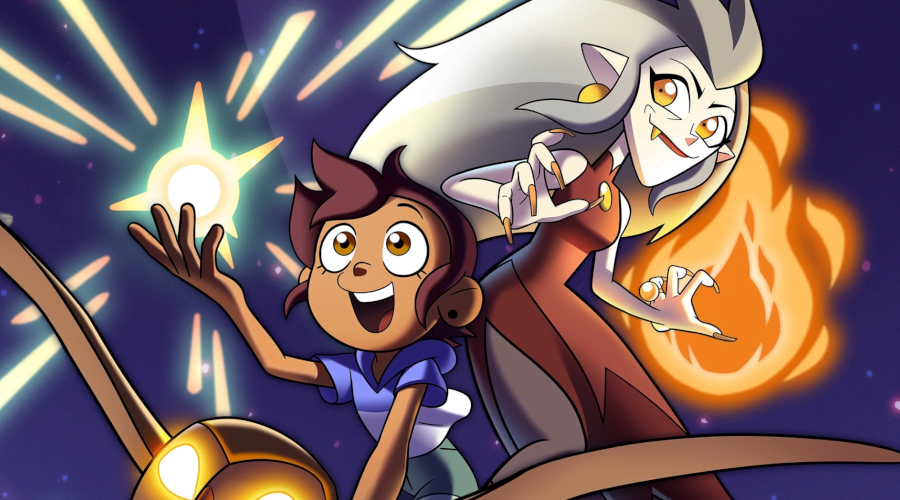I did a podcast with Fox where we looked at every Disney Animated Canon movie and got to consider what I, a millenial adult with a lifetime of brain worms from an oppressive cult thought of the Disney Animated movies that define Disney Adults and Disney Magic and the Cultural Zeitgeist and if you’re not familiar with my opinion of these, almost all these movies are terrible. I dislike them often in terms of their ideologies, their moral and ethical positions – like, not just the invisible ink elements, but often, a lot of the things in them that they very clearly, explicitly want to be true.
The big one is The Lion King.
In the podcast, I describe that my hate of the Lion King is unique in that I think it’s the first Disney movie I hate because of things it advocates for. Like it’s one thing to hate how Cinderella thinks the most fantastic thing you can do with magic is have a single nice party night, and that’s not a responsible use of power. Like, that’s a thoughtless implication of the greater project, the way it chooses to focus its attention. It’s another thing to hate The Lion King because it’s a movie that wants to talk about how some people are born to rule and everyone else exists to be eaten; you see, when we die, our bodies trickle down and become the grass, etcetera.
This is an instance of a rare time in the podcast where what I considered was intrinsic critique; within the context of the text, the text is presenting something that I think sucks and I don’t like.
Later in the same series, when talking about The Black Cauldron, a much less enjoyable movie with more stilted bits and worse songs and characters, I was a lot more fond of it, because to me, the things that stood out was stuff the movie tried to do, and failed at, and part of how it failed were things that Disney did to actually damage the movie, like, cutting chunks out of it. That’s what I think of as extrinsic critique – not looking at the text but the circumstances of how it was made and the things that it might have been doing or trying to do before the final product existed.
My other normal examples of criticism is Avatar : The Last Airbender, versus The Legend of Korra. And perhaps it’s just the smoking crater in the shape of James Somerton’s entire Youtubing career that put me in mind of it, but The Legend Of Korra is on my mind as a series that wound up queer, and which comes up at convention tables. There’s this thing that happens for me, where people will see that we’re selling bookmarks showing Korra and Asami, and someone will volunteer how much they like it, but then they’ll criticise it for not being as good at the first.
Thing is, I have critiques of Avatar: The Last Airbender. There’s stuff about it that I don’t like. Most of them are pretty unimportant, in the whole scale of the thing. The show is tons of fun, I like watching it, and I think it’s probably one of the best series of its type that exists. But there are things about the story I dislike, like I said. In the finale of The Last Airbender the story chooses to build to a point where it puts a character in the position of choosing between murdering a fascist commiting genocide, or maiming him and permanently imprisoning him, with one of these choices seen as being spiritually superior to the other. I don’t find that a powerful message at the end, but like, I don’t find spirituality a powerful motivator for characters. Also, I recognise that the alternative is setting up a story where a twelve year old has to kill a villain, which is a choice the series set up over multiple series.
I didn’t like it, I feel it rings hollow to force the choice, and then create a tension around it.
On the other hand, I have problems with The Legend of Korra, which are that the people making the story weren’t given time and money enough to do a better job of it. I know they can do a great job, they made Avatar: the Last Airbender with all these pieces, and I like these pieces more.
And like, neither of these are better or worse than one another, no matter what I may imagine myself saying when I describe them. These two pieces of media are great, and one of them has a lot more problems with pacing and structure but I don’t hold those problems of pacing and structure the same way. It feels like whatever messages the story was aiming for, whatever it wanted to do, it was going to struggle to do, it was going to fail to execute, and that means that all the ways it’s bad or even communicated similar ideas to the other series, it’s hard to say it was intentional.
I know that The Legend of Korra has a queer relationship that grew out of the natural growth of the characters and the story as they shaped it. That was something that the show didn’t start to do, and therefore, whatever plan there was, it changed over the course of time. I know that The Legend of Korra was not a perfectly structured, completely whole, idealistically structured point and a lot of problems in the story are a result of these problems with its making. That is, whatever failings the series has seem to me to be extrinsic. They could make something better, if they had the tools to.
And this is largely a meaningless criticism! After all I’m basically saying Avatar: The Last Airbender was so good I didn’t think there was anyone to blame for what they made, and The Legend of Korra’s problems can be blamed on people upstream who didn’t give them enough money. And while both of those things are true they aren’t necessarily useful in opposition to one another.
In a lot of ways queer media gets crushed in between these things, too; there are extrinsic factors fighting for queer media’s right to get to exist. The Owl House is a series I love and I feel at times very ‘no notes’ about, even though the final season and specials are absolutely rushed. But that extrinsic criticism (I wish there was more of it) isn’t the same thing as intrinsic criticism, even if it informs it. The Owl House isn’t made worse because of the ways it got screwed.
I don’t actually have much of a feeling about extrinsic praise either; I know that She Ra and the Princess of Power and Steven Universe had a big story in the back-stages about getting those series made the way their creators envisioned them, but also, I just don’t find those stories are particularly interesting to look at the media themselves. They’re great stories, the stories of these storytellers telling the stories they told, they’re stories in their own right, but they don’t change anything about the media they made, for me.
These are just different ways to see problems in a story, and neither of them forgives the other. Korra is a rushed story with a recap episode that has to repeat a plot arc of Korra Learning Humility and not enough Korra Kicking Ass, and Aang’s story doesn’t culminate with him shooting fire hitler in the head because he’s fucking twelve and the story is for little kids! Both of those things make complete sense. They are both tools for examining them, where I think it’s boring to discuss the making-of of Avatar: The Last Airbender and I also think it’s boring to discuss the choppy bad structure of what The Legend of Korra wound up being after what The Legend of Korra structured itself to be.
I think it’s useful to remember what the tools are for, and what you want to talk about. There’s more to a show than just what gets put on the screen.


